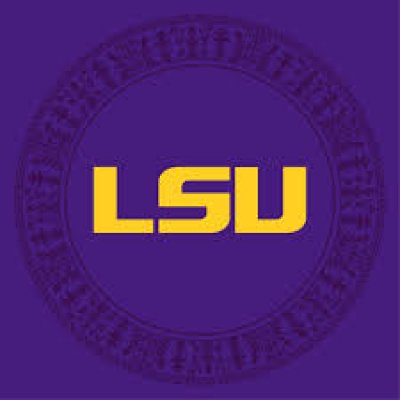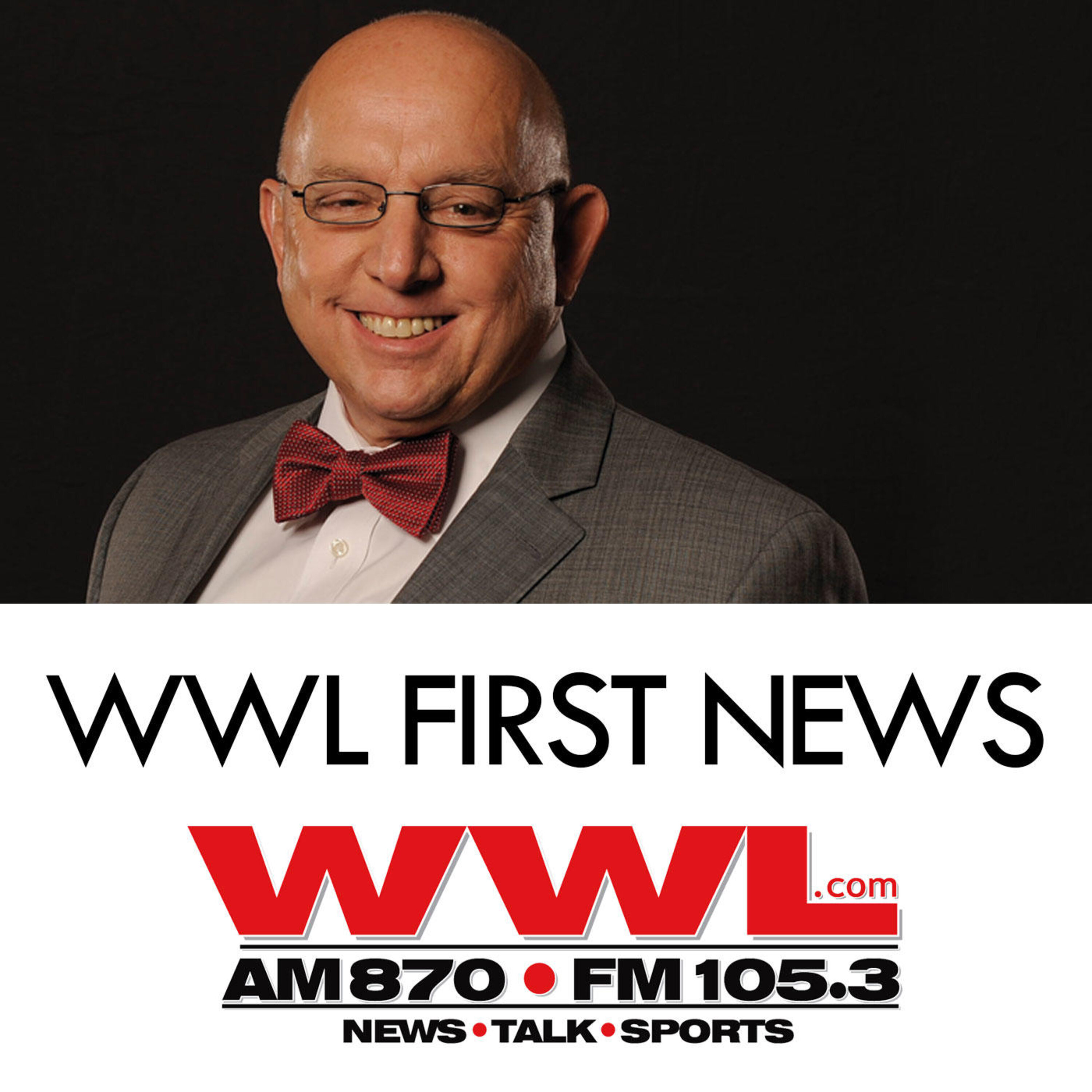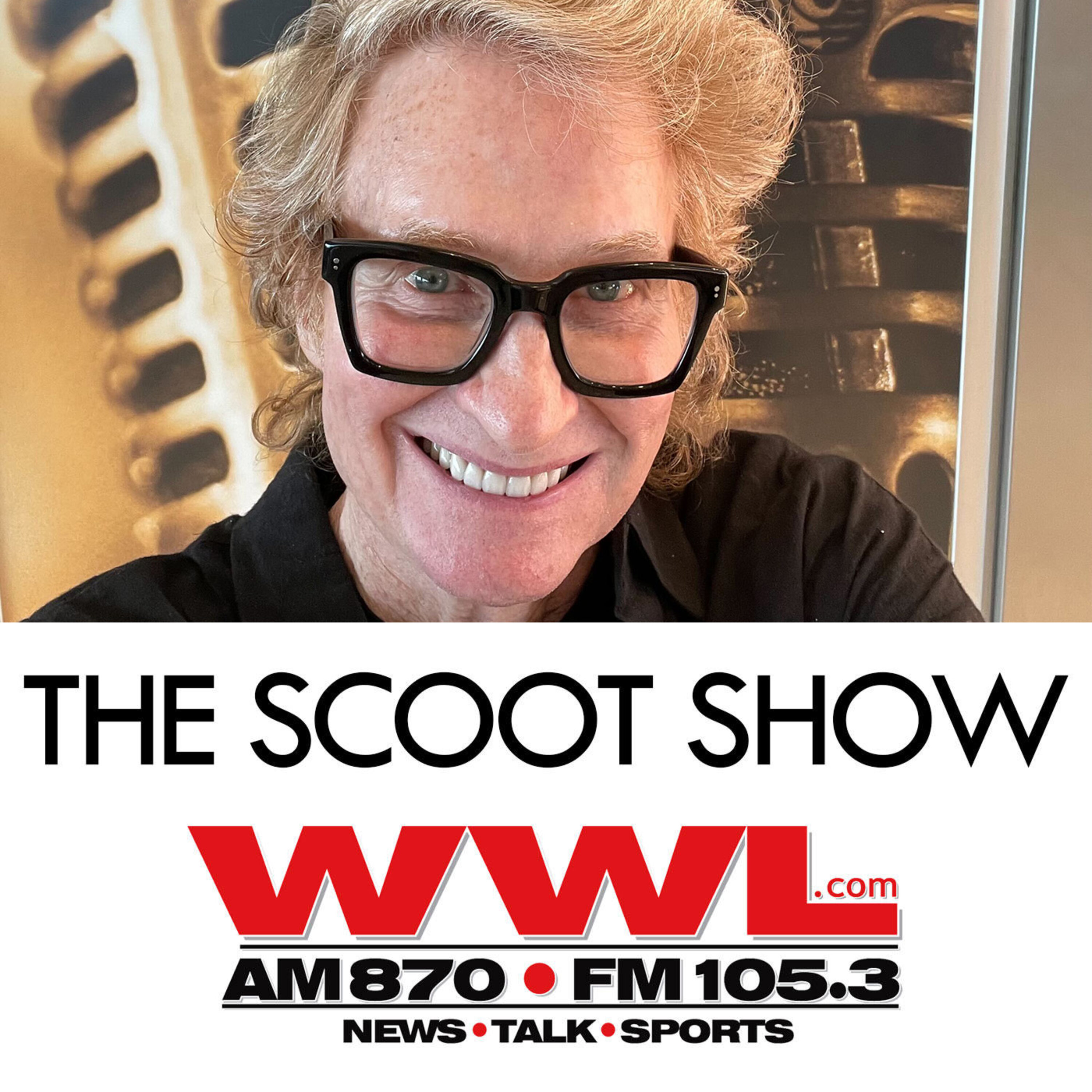Robert E. Hogan
Department Chair and Professor Louisiana State University
- Baton Rouge LA
Dr. Robert Hogan's research areas include elections, representation, political parties, and interest groups.
Biography
Areas of Expertise
Research Focus
American State Politics & Campaigns
Dr. Hogan’s research focuses on American state politics—campaigns and elections, legislative representation, political parties, and interest groups. He mines roll-call records, campaign-finance and demographic data, and cross-state comparisons to reveal how institutions and context shape electoral competition, policy responsiveness, and democratic accountability.
Education
Rice University
Ph.D.
Political Science
1998
Rice University
M.A.
Political Science
1996
The College of Charleston
B.A.
Political Science
1990
Media Appearances
A preview of the Democratic National Committee Convention
WWLTV tv
2024-08-19
Dr. Robert Hogan, LSU Political Scientist joins us to talk about the Democratic National Committee Convention which kicks off on Monday in Chicago.
From a big mayor’s race upset to Landry’s live tiger move, recapping a year in Louisiana politics
WWNO.org online
2024-12-19
During his first year in office, Gov. Jeff Landry delivered on the majority of his campaign promises–from tough on crime policies to tax reform. LSU political science professor Robert Hogan said Landry encountered little resistance with a Republican-controlled legislature.
“You chalk it up to partly it’s his political acumen, his ability to get things done. But it also has a lot to do with the make-up of the legislature,” said Hogan.
Republicans outnumber Democrats in early voting in Louisiana
Louisiana Radio Network online
2024-10-31
Early voting is over in Louisiana; and unlike in previous years, Republicans outnumbered Democrats in casting their ballots early.
“Part of this is a reflection of the fact that there has been (an) increase in the number of registered Republicans in the state in recent years, relative to Democrats,” says Robert Hogan, LSU political science professor.
DOTD on the lookout for illegally placed campaign signs
WAFB9 online
2024-11-21
“Campaign signs are fundamentally a way to get people to recognize that there is a particular candidate running for an office and simply to increase name recognition,” said Robert Hogan, a Political Science Professor at LSU.
Hogan says these signs can have a large impact on election outcomes.
A new political party emerges amid the growing political divide in the U.S.
Louisiana Radio Network online
2022-07-28
A new political party has emerged in the U.S. calling themselves the Forward Party. LSU Political Science professor Robert Hogan said third parties have a history of fizzling out but with the growing political divide in the country…
“Given that, that is the type of environment in which a minor party or third party, could gain a foothold and gain some attention and some support,” said Hogan.
Articles
Legislative voting and environmental policymaking in the American states
Environmental Politics2020
In the United States (U.S.) wide differences exist in the environmental policies that individual states adopt. To better understand the reason for this variation I examine the conditions that shape the roll call voting behavior of state lawmakers on environmental policy proposals. I examine a variety of potential explanatory factors ranging from individual legislator characteristics (e.g., party, ideology and gender) and constituency-level conditions (e.g., citizen ideology, demographic characteristics and industry employment patterns) to indicators of campaign effort (business and pro-environment campaign contributions)
Electoral Consequences of Lawmaking Activities for State Legislative Incumbents
Social Science Quarterly2016
Do incumbent state legislators who introduce many bills or have high passage rates for their proposals receive an electoral benefit for these efforts? If so, where is such an electoral advantage manifested? Is it a direct effect whereby voters are more likely to recognize and reward a legislator's productivity? Or is the effect more indirect whereby potential candidates are less likely to challenge an active incumbent?





